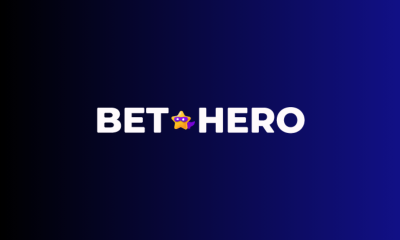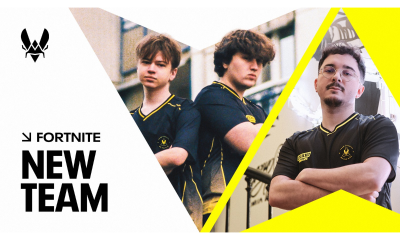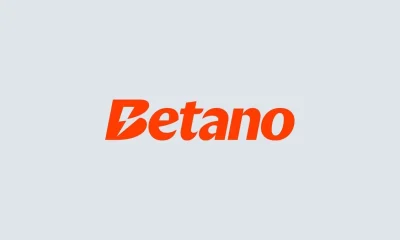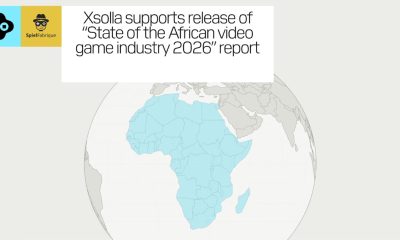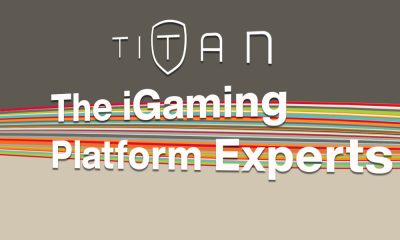Compliance Updates
IBIA reports 50 suspicious betting alerts in Q2 2023
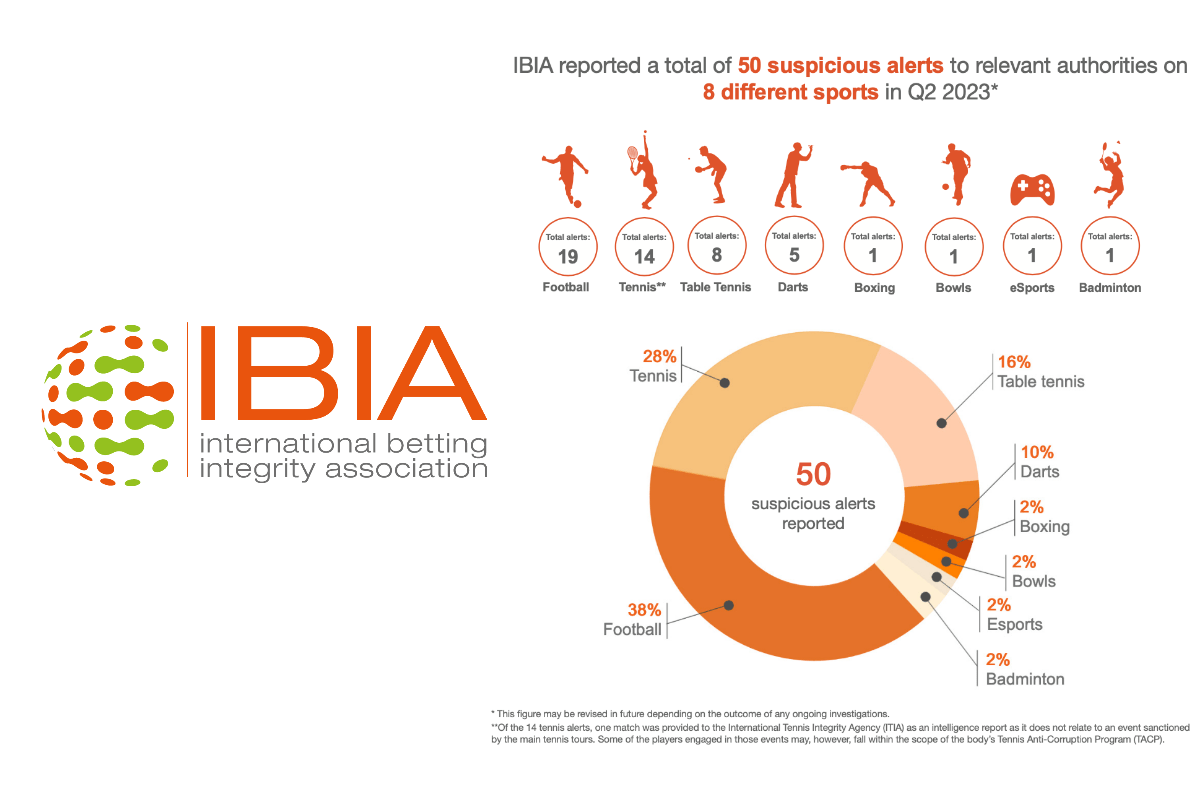
The International Betting Integrity Association’s (IBIA) integrity report for the second quarter (Q2) details 50 incidents of suspicious betting activity reported to the relevant authorities. The Q2 2023 total is an increase of 4% on the revised Q1 figure of 48 alerts and is a decline of 44% on the 90 alerts reported in Q2 2022. That betting integrity information was identified across IBIA members’ global businesses, which number over 125 sports betting brands and US$137 billion in betting turnover per annum, making IBIA the largest integrity monitor of its type in the world.
The 50 incidents of suspicious betting in Q2 concerned eight sports, across 18 countries and four continents. Other key data for Q2 2023 includes:
- Football (soccer) had the highest number of alerts with 19, representing a 27% increase on the 15 alerts reported in Q1 but a 41% decrease on the 32 alerts reported in Q2 2022.
- The 12 tennis alerts reported in Q2 2023 represent a near 60% decrease when compared to the revised figure of 29 alerts for Q2 2022.
- The UK was the country with the highest number of Q2 alerts, with nine alerts concerning four sports (five for darts, two for football, and one each for bowls and boxing).
Khalid Ali, IBIA CEO, said: “The second quarter of the year saw a welcome downward trend with 44% less suspicious alerts compared to Q2 2022, and a near 30% decline in the first half of 2023 when considered against 2022. Much of that decline is a result of collaborative cross-sector efforts headed by the International Tennis Integrity Agency to eradicate match-fixing in tennis, the success of which was highlighted by the prison sentence recently handed out by a Belgian court. That judgment sends a clear and unequivocal message to corrupters that they will be caught, and harsh sanctions imposed.”
The Belgian court handed down sentences to 28 individuals convicted of match-fixing in tennis. This includes the ringleader of a gang that instigated and coordinated the fixing aimed at defrauding betting operators and who has received a sentence of 5 years imprisonment and a fine of €8,000. Ali continued: “The outcome is very welcome and IBIA congratulates the ITIA on its collaborative partnership working with key stakeholders and its continued resolve to identify and punish illicit activity. IBIA’s responsible regulated betting operators remain committed to working closely with sports to weed out corruption.”
The Q2 integrity report includes a breakdown of alerts reported on sporting events taking place in Europe between 2018-2022. It also contains a focus on the Netherlands which had eight suspicious alerts during 2018-22 (three for football and tennis, and one each for darts and beach volleyball). According to leading global gambling market intelligence company H2 Gambling Capital, the Netherlands’ onshore online sports betting market is due to increase from €276m in gross gambling revenue (GGR) in 2022 to €690m by 2028, albeit a sizeable offshore channelisation (€124m) will remain.
Of the 50 alerts reported in Q2 2023, two related to women’s events, 47 for men’s events and one for a mixed gender event. IBIA has recent released a ground-breaking study that analyses the size and characteristics of the women’s sports betting market and examines the potential vulnerability of women’s sports to match-fixing.
ACMA
ACMA Blocks More Illegal Online Gambling Websites

The Australian Communications and Media Authority (ACMA) has requested the Australian internet service providers (ISPs) to block more illegal online gambling sites, after investigations found these services to be operating in breach of the Interactive Gambling Act 2001.
The latest sites blocked include:
Lucky Mate
Vegastars
Wombet
Cosmobet
Fortune Play
Fortunica
Rolletto
Velobet
Website blocking is one of a range of enforcement options to protect Australians against illegal online gambling. Since the ACMA made its first blocking request in November 2019, 1518 illegal gambling and affiliate websites have been blocked. Over 220 illegal services have also pulled out of the Australian market since the ACMA started enforcing new illegal online gambling rules in 2017.
The post ACMA Blocks More Illegal Online Gambling Websites appeared first on Eastern European Gaming | Global iGaming & Tech Intelligence Hub.
3 Oaks Gaming
3 Oaks Gaming Enters Spanish Market

3 Oaks Gaming, an established distributor of iGaming content, has entered the Spanish market after securing certification to supply its slot portfolio in the region.
This approval enables Spanish-licensed operators to integrate more than 20 of 3 Oaks Gaming’s games, bringing some of the distributor’s most recognised slots to local players.
Certified titles available include recent releases such as 4 Pots of Egypt: Hold and Win, Rush for Gold, and Egypt Power. The portfolio showcases 3 Oaks Gaming’s signature Hold & Win mechanic alongside Scatter Pays and its increasingly popular 3 and 4 Pot models, delivering engaging gameplay certified for the Spanish market.
Securing the Spanish certification represents a significant step in 3 Oaks Gaming’s ongoing European growth strategy, supporting its expansion across established and regulated markets.
By entering Spain with a robust, fully approved portfolio, the distributor underlines its commitment to compliance while offering operators content that is aligned with local market requirements and player preferences.
Krasimir Pankovski, Head of Sales at 3 Oaks Gaming, said: “Spain is a strategically important regulated market for us, and obtaining certification here marks an important milestone in our growth journey. By launching a diverse range of certified titles, we are giving Spanish-licenced operators the flexibility to offer engaging content while meeting the highest regulatory standards.”
The post 3 Oaks Gaming Enters Spanish Market appeared first on Eastern European Gaming | Global iGaming & Tech Intelligence Hub.
Compliance Updates
Dutch Regulator KSA Warns Operators Over “Early Payout” Feature
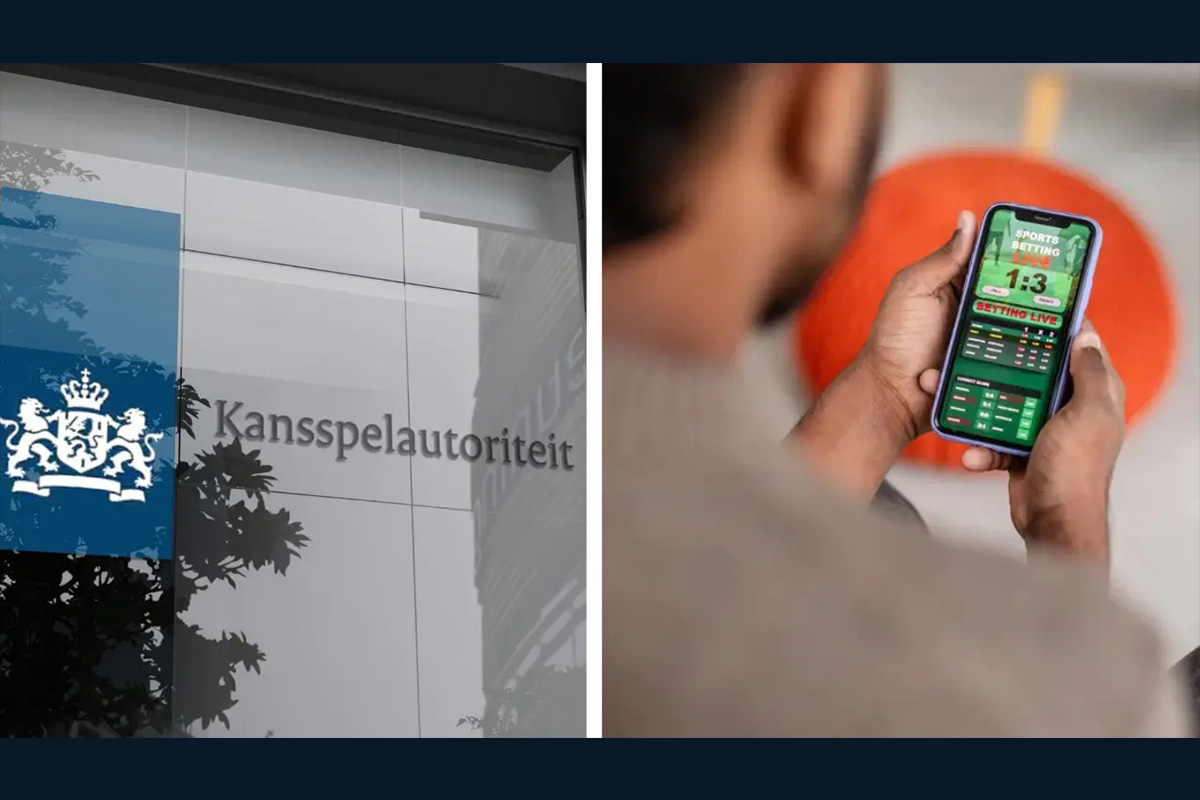
The Dutch Gambling Regulator (KSA) has contacted several online sports betting providers regarding incomplete information about the “early payout” feature. The “early payout” feature allows a bet to be considered won before the match has officially ended. This feature is not available in the event of a draw. The KSA found that several providers failed to communicate this sufficiently, making it appear as if players could also use this option for draws.
Early payout
The Early Payout feature allows players to declare their bet a winner if their team has a two-goal lead during the match, regardless of the final result. The odds for Early Payout bets are lower than those for regular bets. The problem arises when this option appears to be offered for draw bets, as there is no team with a lead.
Unclear information leads to confusion
Providers also promote lower odds for draws under the “early payout” feature. The providers’ terms and conditions then state that early payouts are not possible for draws, but this isn’t always clearly communicated when placing the bet. This creates confusion among players, who may assume that early payouts also apply to draws.
Obligation to provide clear information
Providers are required to provide clear and understandable information about the possible outcomes of a bet, including the associated terms and conditions. The KSA determined that providers were not complying with this obligation when providing information about the “early payout” feature. Providers that offer this feature have been contacted and have improved their communication so that players are now more clearly informed about the limitations of early payout for bets on draws.
The post Dutch Regulator KSA Warns Operators Over “Early Payout” Feature appeared first on Eastern European Gaming | Global iGaming & Tech Intelligence Hub.
-

 Accra7 days ago
Accra7 days agoKaizen Gaming Launches Betano in Ghana — 20th Regulated Market & Responsible GameTech Expansion
-

 Edvardas Sadovskis CPO at ICONIC216 days ago
Edvardas Sadovskis CPO at ICONIC216 days agoICONIC21 Reimagines Myth: Medusa vs. Perseus — The Stone Duel
-

 Brasil7 days ago
Brasil7 days agoBrasil en foco: Regulación, mercado y presión fiscal moldean la nueva fase del iGaming
-

 Africa7 days ago
Africa7 days agoState of the African Video Game Industry 2026: Xsolla Backs SpielFabrique’s Definitive Market Report
-

 Brazil7 days ago
Brazil7 days agoBrazil: Regulation, market dynamics and tax pressure shape a new phase for iGaming
-

 Canada6 days ago
Canada6 days agoGaming Corps takes flight in Ontario with High Flyer Casino partnership
-

 CRM6 days ago
CRM6 days agoTitan 3.0 Launch Marks Finnplay’s Biggest Platform Overhaul
-

 Africa6 days ago
Africa6 days agoAmusnet Announces Strategic Partnership with Betway









